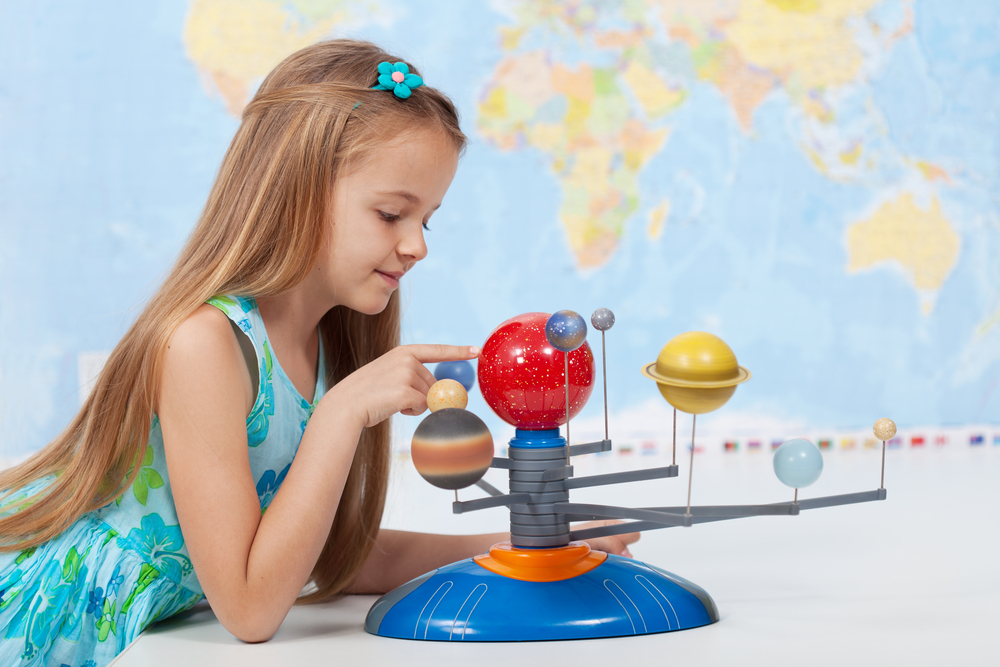Observation skills Normal Science Worksheets for Ages 4-6
5 filtered results
-
From - To
Enhance your child's observation skills with our engaging Normal Science Worksheets designed specifically for ages 4-6. These interactive worksheets foster curiosity and support the development of critical thinking as young learners explore the world around them. Featuring fun activities that encourage observation, classification, and detailed study, these resources are perfect for home or classroom use. Ideal for early childhood education, our worksheets help children learn to observe, describe, and understand their environment, laying a solid foundation for scientific endeavors. Download our free worksheets today and empower your little one to become an insightful observer of nature and science!
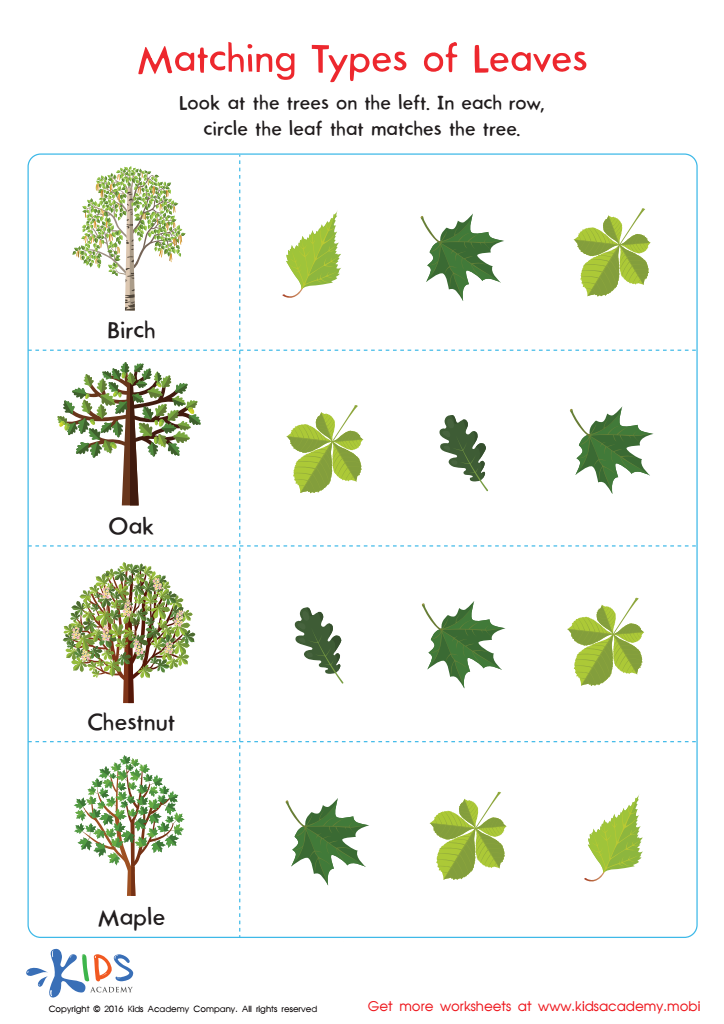

Matching Types of Leaves Printable


The 5 Sense Scientist Worksheet
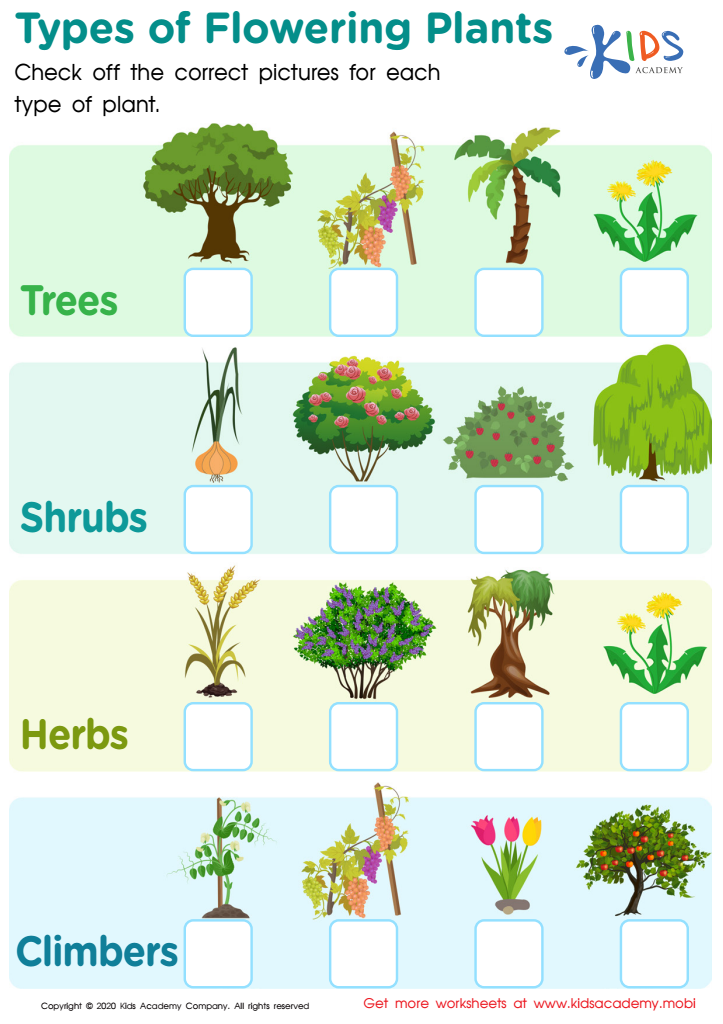

Types of Flowering Plants Worksheet
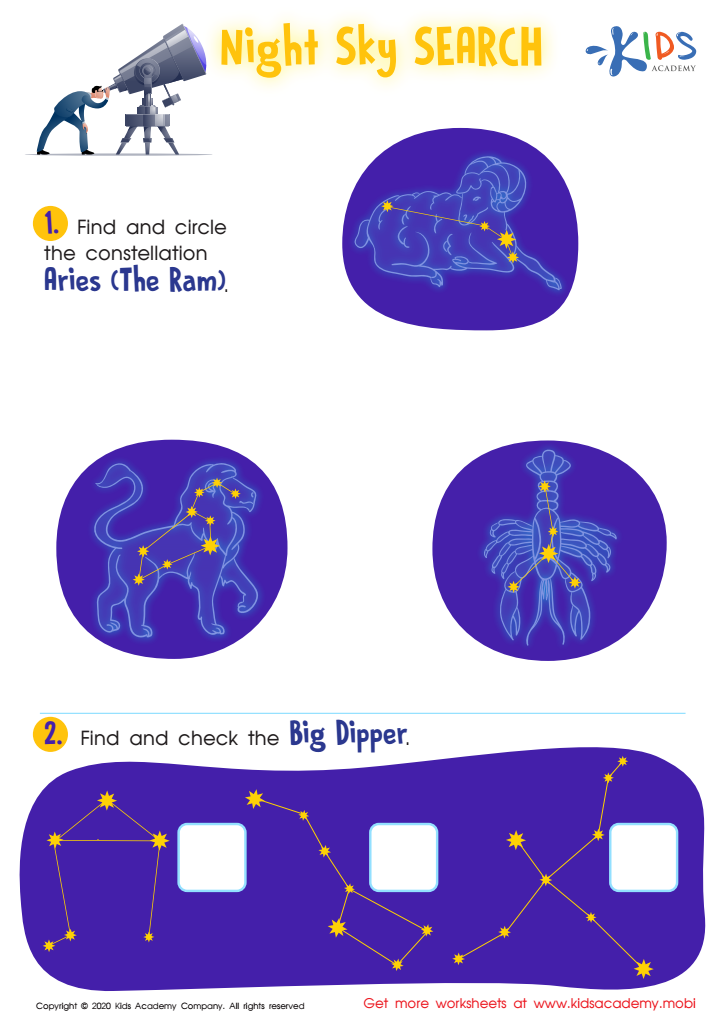

Night Sky Search Worksheet
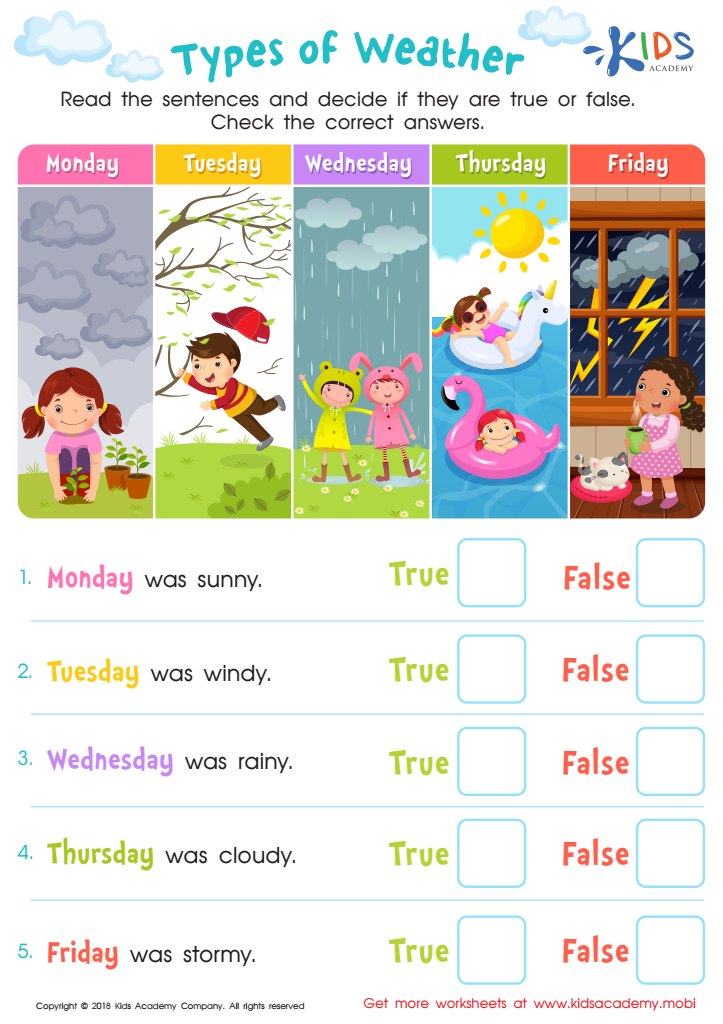

Types of Weather Worksheet
Observation skills are crucial for children aged 4-6 as they form the foundation for learning and understanding the world around them. During this developmental stage, children are naturally curious and keen to explore their environment. By nurturing their observation skills, parents and teachers can enhance this curiosity, promoting critical thinking and problem-solving abilities.
When children learn to carefully observe their surroundings, they begin to notice details, patterns, and relationships, which are fundamental elements in understanding scientific concepts. For example, observing plants as they grow or watching insects can lead to conversations about life cycles, habitats, and ecosystems, bridging the gap between science and real-life experiences.
Furthermore, observation skills foster language development. As children describe what they see, they build their vocabulary and improve their communication abilities. This skill also encourages social development; when children share their observations, they learn to collaborate, listen, and respect others’ viewpoints.
Overall, honing observation skills in early childhood supports cognitive, social, and emotional development, preparing children for future academic challenges while instilling a lifelong love for learning. It equips them with the tools to ask questions, seek answers, and engage with the world scientifically and thoughtfully.

 Assign to My Students
Assign to My Students




